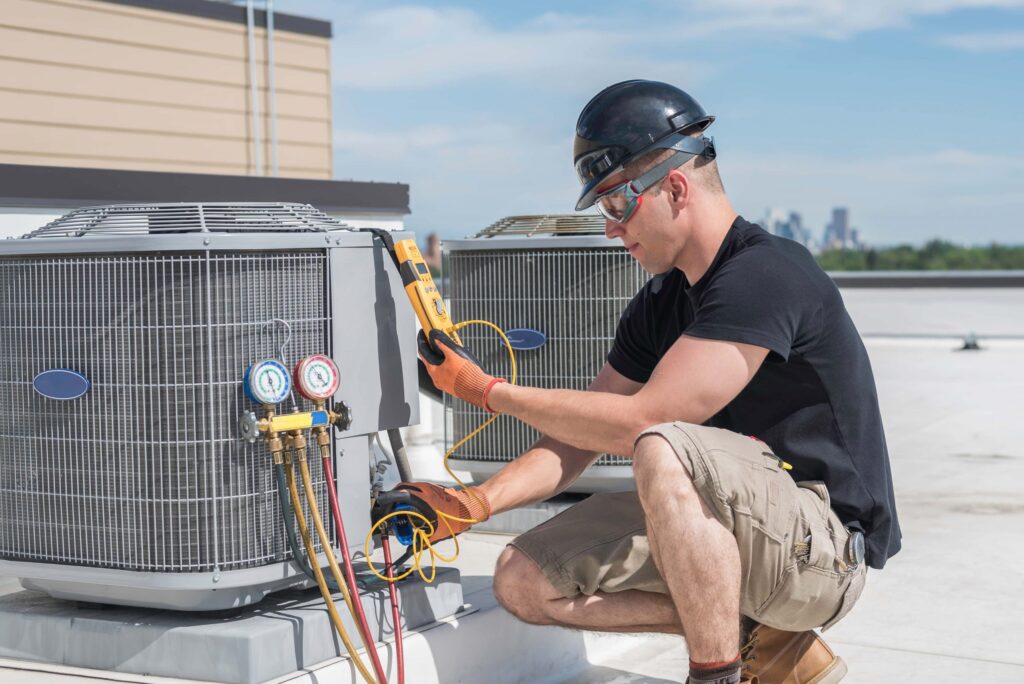Heating, Ventilation, and Air Conditioning (HVAC) technicians are essential professionals in the building industry, responsible for the installation, maintenance, and repair of HVAC systems. This career requires not only technical know-how but also a commitment to continual learning and certification. To embark on a career as an HVAC technician, understanding the educational pathways, certification needs, and how to effectively seek out job opportunities is crucial.
To begin a career in HVAC Technician Jobs, prospective technicians should start with a solid educational foundation. This typically involves completing a secondary education followed by attending a technical or vocational school offering specialized training in HVAC systems. Programs may last from six months to two years and cover topics such as system design, refrigeration basics, and installation procedures. Completing an apprenticeship program, which combines classroom instruction with on-the-job training, is highly advantageous.
After acquiring the necessary knowledge, obtaining certification is the next step. Certifications such as the EPA Section 608 Technician Certification are mandatory in the United States for technicians who work with refrigerants. The certification process tests knowledge in areas such as refrigeration chemicals and complying with environmental laws. To find out more about certification, visit the Environmental Protection Agency’s certification page.
Finding HVAC technician jobs involves several strategic steps. Initially, preparing a professional resume that highlights your technical skills, certifications, and experience is crucial. Include any hands-on experience gained through internships or apprenticeships, as practical expertise is highly valued in this field. Networking with industry professionals through events, associations, and forums can also provide job leads and advice on navigating the job market. Furthermore, leveraging online job boards and company websites to apply for positions is necessary in today’s digital age. Sites like Indeed, Monster, and specific HVAC industry websites are good places to start.
Understanding the employment landscape and potential earnings can also influence your job search strategy. According to data from the National Center for Education Statistics, HVAC positions are expected to grow at an average rate with new technologies and energy efficiency practices driving demand for skilled technicians. In terms of compensation, the geographic location, level of experience, and type of certification play significant roles in determining salary.
In conclusion, becoming an HVAC technician involves a combination of education, certification, and strategic job searching. By focusing on developing comprehensive skills and qualifications, aspiring technicians can effectively prepare for and secure opportunities within the field. It is recommended that candidates maintain a proactive approach to learning and networking in order to stay updated with the latest industry developments and enhance their employability.



